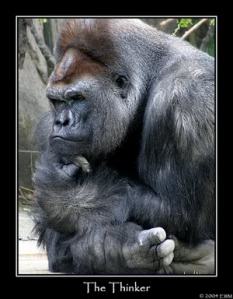Animal(s) Matter(s)
The Future of Critical Animal Studies
This day conference will bring academics and activists together to consider future ways of addressing the radical implications of critical work on understanding and dealing with non-human animals.
Venue: Foresight Centre, University of Liverpool (Building 359)
Date: April 23rd, 2010
Speakers: Alistair Currie (PETA); Professor Celia Deane-Drummond (Chester and CAFOD); Jasmijn de Boo (Animals Count); Professor Robert Garner (Leicester); Dr Simon James (Durham); Dr Dan Lyons (Uncaged Campaigns); Dr Karen Morgan (Cardiff); Dr Anat Pick (UEL); Dr Richard Twine (Lancaster); Dr Richard White (Sheffield Hallam). Full speaker information and programme.
Registration Fee (includes lunch and refreshment): £40 (waged) / £30 (students and unwaged).
For further details, contact Stephen R. L. Clark, Department of Philosophy, University of Liverpool.
Please let us know if accommodation is needed on either the night of April 22nd or April 23rd. With enough advance notice, we may be able to arrange a conference discount at a local hotel.
This conference is sponsored by the Institute for Critical Animal Studies, the Society for Applied Philosophy, the Mind Association, and the Department of Philosophy at the University of Liverpool.
